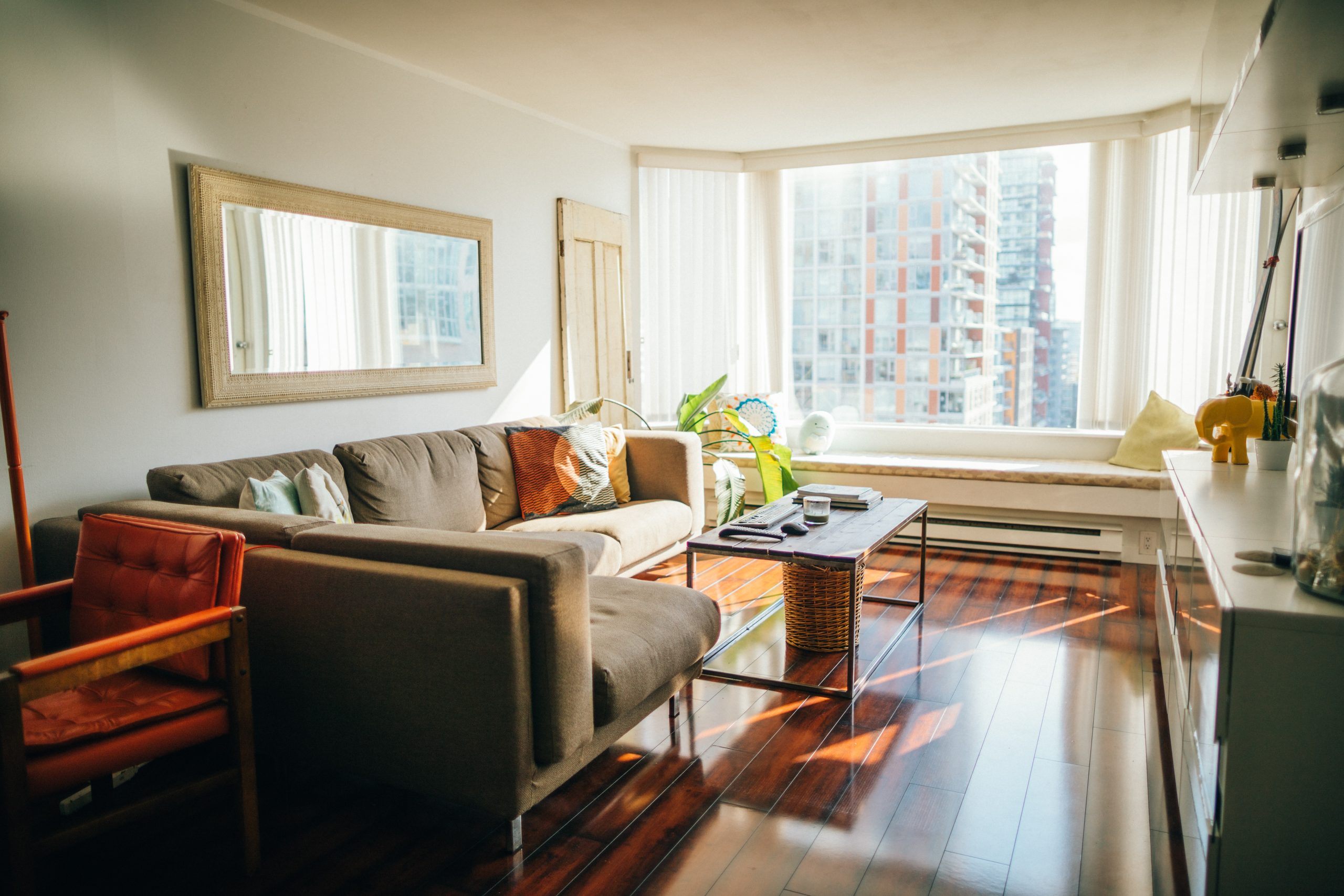1. Make sure you can afford it
First things first—make sure you can afford to buy a condo. It’s a big investment and there are a number of costs to consider such as the down payment, notary fees, inspections fees, and, if you live in Québec, the welcome tax. Set up a meeting with an advisor at your financial institution or a mortgage broker to determine how much you can borrow so you can find a condo that’s within your budget.
2. Should you buy new or a resale?
Now that you know your budget, it’s time to decide whether to buy a brand new condo or a resale. There are advantages to both, it just depends on what you’re looking for.
New condo
You’re the first to live in the condo, so you can personalize it. The developer will let you pick the colour of certain materials. There also shouldn’t be any maintenance or renovation fees for a number of years. Plus, you can often get a good deal buying off-plan. However, you need to consider taxes when buying a new condo.
Used condo
You can see what you’re actually buying. You can get a history of the condo that will give you insight into the management style and the people who live in the building. You’ll also know how much money is in the reserve fund and if the building has a maintenance program.
3. Ask to see relevant documents and information
This step is crucial. Set aside a reasonable amount of time to consult all the documents related to your purchase.
Condo fees and reserve funds
Find out how much the condo fees are for your unit. They’re used to pay for repairs and upgrades to the buildings’ common areas. Also check that the building has a reserve fund and make sure it’s large enough to cover any planned work. You don’t want to end up with any surprise special assessments!
Financial statements, minutes, maintenance records, and other management documents
These documents will give you an idea of how the syndicate of co-ownership is managed, its financial health, how the co-owners get along, and other useful info. Taking a close look at them is the only way to make sure you’re making the right decision.
Declaration of co-ownership and certificate of location
The building’s declaration of co-ownership is a contract that defines the private and common areas and the rights and obligations of each co-owner. It’s essentially the bible of condo living. The certificate of location describes the living spaces.
If you’re buying a new condo, ask to see documents such as the builder’s preliminary contract, the inspection report, and delayed closing/occupancy warranties.
4. Stay informed about changes to the co-ownership law (Québec only)
Québec is currently in the process of reforming its co-ownership law, so you’ll want to keep abreast of major changes coming down the pike. The bill introduced in April 2019 aims to improve condo maintenance, among other things. In some cases, this could mean an increase in condo fees, but also better management of the syndicate of co-ownership.

5. Get the right insurance
Make sure you’ve got proper insurance coverage. Condos require two types of insurance: the co-owner insurance you pay and the insurance the syndicate of co-ownership pays for the entire building. Consult the insurance contract before purchasing a condo so you know what’s covered, how much the deductible is, and other important information. You’ll also need to purchase your own home insurance for co-owners to cover your private portion, your personal belongings, and civil liability.
Finally!
That’s it! Now you’re ready to head out and find your future condo. Follow these tips and you’re sure to find the condo that’s right for you and avoid any unpleasant surprises. You’ll also save a bunch of time!




